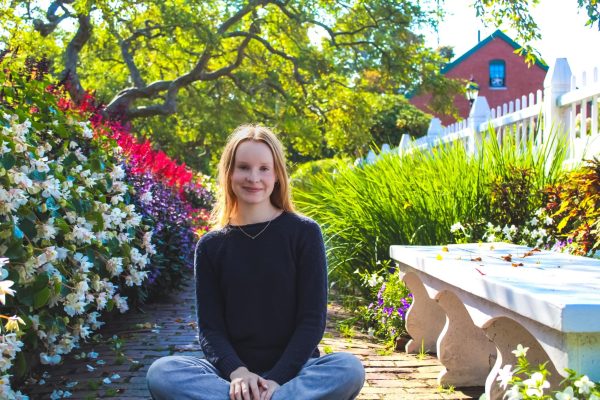It’s 5 PM on Tuesday evening when the first round of kids shuffles into the Joy of Music Program off of Lincoln street. In every window, there is somebody with a music stand in front of them, a bow in their hand, a seat pulled to the piano. Or, in The Worcester Children’s Chorus (WCC)’s case, an ensemble of voices. Rehearsal is now in session. Here, these middle schoolers will spend an hour and a half singing, listening, and learning music theory.
However, Director Pamela Mindell has been rehearsing music long before 5 PM. Her day begins in Cambridge, MA. On Tuesdays, she creates rehearsal plans, departs on the long, traffic-jammed drive for Worcester at 2:30 PM, and arrives at 4. At 5, the singing begins. She finishes working with the middle school group at 6:30, and does it all again with the highschoolers from 7 to 8:30. She gets home to Cambridge by 10 PM. “The drive is a little bit tiring, but I am usually so energized after rehearsals that it makes it all worth it!” Mindell says, earnestly.
This energy, created by rich harmonies, full sound, and the buzz of individuals who want to make music, is invigorating. And, under such strong direction, it thrives. The Worcester Children’s Chorus, lauded for training kids to be sophisticated and confident musicians, has been singing for 16 years, and Pam has been with the chorus for 10 of them. She rehearses pieces with her ensembles to be performed in various events, including the organization’s annual concerts, as well as collaborations with other community ensembles, such as the Worcester Adult Chorus. Along with directing both the middle and high school choirs, Mindell is the artistic director, responsible for concert programs, and even ensemble trips. In the past, the choir has traveled to places such as Canada, and most recently, New Orleans. On these trips, the organization has been able to collaborate with choruses from across the country, while experiencing the culture of another place.
The Worcester Children’s Chorus exemplifies strong music education and organization, something that has struggled to thrive under limited funding in public schools. However, music education is important for children’s development, as making music requires reading, motor skills, and creativity. Also, for the many students who wish to pursue music as a career, a music class is just as important to them as is a science class to a future chemist, and should therefore be treated the same. WCC is a fantastic opportunity for young musicians, and even offers financial aid, but it highlights how funding for music in public schools falls short. Mindell, who has also worked with other children’s choirs, feels strongly about the importance of music education. She says, “Working with children’s choirs has taught me that they are capable of incredible things. If I set high expectations for artistic excellence, they will rise to the occasion.” She herself has learned a lot from working with young musicians, citing their insightful questions and persistence to learn. She continues, “If we are able to increase funding, I would love for every child to be exposed to music and learn to read music and appreciate music.”
Mindell has worked with several adult ensembles, and is currently the music director of the Cambridge Community Chorus. She says, “I love my adult ensembles, because they have a lifelong passion for music. They also bring a breadth of life experience to their singing.” She also appreciates the ability to watch even the shyest kids grow up into confident musicians through their experience in WCC. Afterall, success in anything takes time and dedication. This dedication is all around us— it’s in the singers who bring energy at 8 PM, the educators who make the long drives, and the people who are actively pursuing their passions, everyday.







